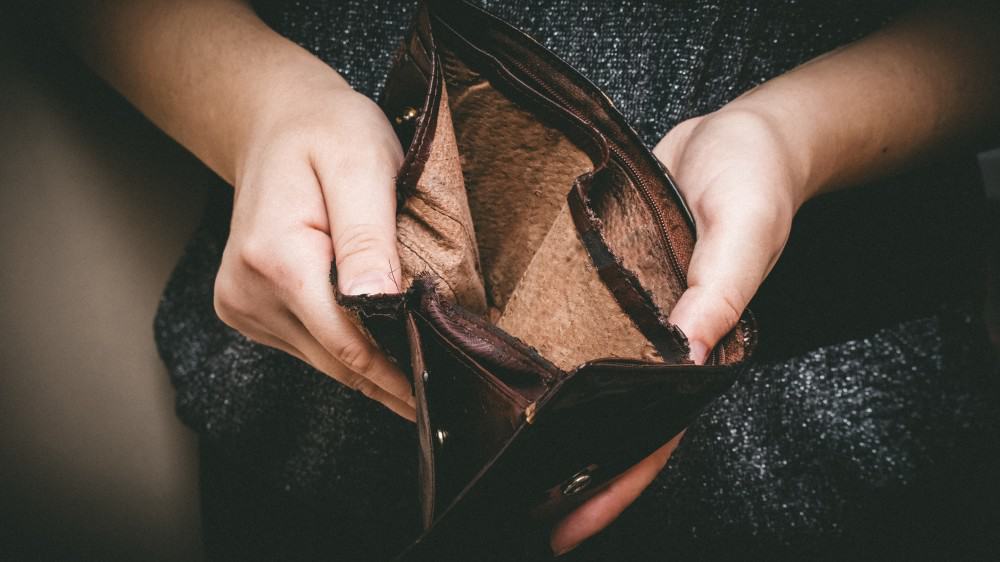It’s nearly April, and that means the start of a new financial year. This time around, it also means many of us will face increases in what we owe in council tax. In fact, according to digital banking service thinkmoney, more than 65% of councils are planning a tax hike. If your budget’s already right on the limit, here’s what you can do.
[top_pitch]
How much will council tax rise by?
Nearly two-thirds of top tier councils are planning to increase council tax by nearly 5%. The rises will take effect as of April 2021.
The maximum increase allowed is 4.99% with 3% of that specifically ring-fenced for social care. It means the average increase for a band D home will be £93.
For councils, the rise will help cover some of the costs caused by the pandemic. For already cash-strapped households, it means having to find yet more funds. That comes on top of the £700 million that struggling taxpayers already owe in council tax.
What can I do if I owe council tax?
The main thing is not to panic; help is available. If you’re worried about covering what you owe in council tax, thinkmoney has some advice about what you can do:
Ask for help
This is often the first (and hardest) step. But if you are struggling or think you might, speak to your council. Ultimately, your council needs your council tax to pay for the services they provide. In most cases, they’ll let you spread the cost over 12 months (as opposed to the usual 10).
[middle_pitch]
Check if you’re eligible for a discount
You could reduce what you owe in council tax if you’re on a low income or on certain benefits like Jobseekers Allowance and Universal Credit. You can also apply for a discount if you live alone or you’re a student.
For more information about eligibility and to apply for a discount, head to the gov.uk website.
Prioritise bills
Prioritising bills is easier said than done if it feels like you’ve got them coming out your ears. While all bills need to be addressed, there are some that have far greater consequences if you ignore them. Here’s what the thinkmoney team suggest you should prioritise:
- Rent/mortgage
- Council tax
- Utility bills including your gas, electricity and broadband
- TV licence
- Court fines
- Overpaid tax credits/unpaid child maintenance
- Items bought on hire purchase
What happens if I don’t pay council tax?
If you miss a payment, you’ll be sent a reminder. This will give you seven days to pay what you owe in council tax. If you miss the deadline, your council could ask you to pay the whole year’s amount at once.
If the problem escalates, bailiffs could be sent to your home to claim the value in goods. You don’t have to let them in (although they can enter through an unlocked door).
Bailiffs are only allowed to use force to enter your home in specific circumstances. If that’s the case, they’ll still need to produce a warrant or a writ, which is an official court document.
Bailiffs can make a list of the items you own that could be sold off to pay the council tax you owe, which they’ll ask you to sign. At this point, they can legally take these items away (by force if necessary). Because of this, thinkmoney suggests organising any repayments by phone.
If you feel bailiffs have broken the rules, you can report them to your council. And if you feel threatened, always call the police.
Remember: bailiffs and collection agencies aren’t the same. Check out this article on things collection agencies can’t do.
Where can I get help with debt?
Millions in the UK struggle with debt, so you’re not alone. If you’ve found yourself caught in a net and can’t find a way out, take a look at our debt management hub. You’ll find ways to reduce spending, consolidate debt and lower what you owe. You’ll also find a host of ideas on how to budget and where to get professional help.







